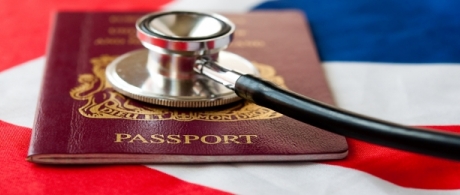In early November, a suicide bomber detonated himself at a checkpoint on the Pakistani side of the Wagah border, killing sixty people. Immediately after, Hamid Gul, the former chief of the ISI, Pakistan’s powerful military-controlled intelligence agency, gave an interview on Pakistani television accusing India of being behind the attack. “We offered our hand in friendship, and this is how they repay us,” he said. Despite the fact that the attack was claimed by three different militant groups based in Pakistan, many Pakistanis shares Gul’s sentiments. And given how bad relations between the two countries have been recently, that should not surprise.
Image Credit: REUTERS/Mukesh Gupta
For a brief moment after Indian Prime Minister Narendra Modi’s election victory, there was optimism in both India and Pakistan. In an unprecedented move, Modi invited his Pakistani counterpart Nawaz Sharif to attend his inauguration ceremony. The previous year, when Sharif was contesting his own elections, he made bettering relations with India – “normalization” as both Pakistan and India call it – a campaign promise. Many thought that with two governments both interested in normalization, both having secured solid majorities in their respective election victories and facing little domestic political opposition, it was finally time for the nuclear-armed rivals to move forward.





